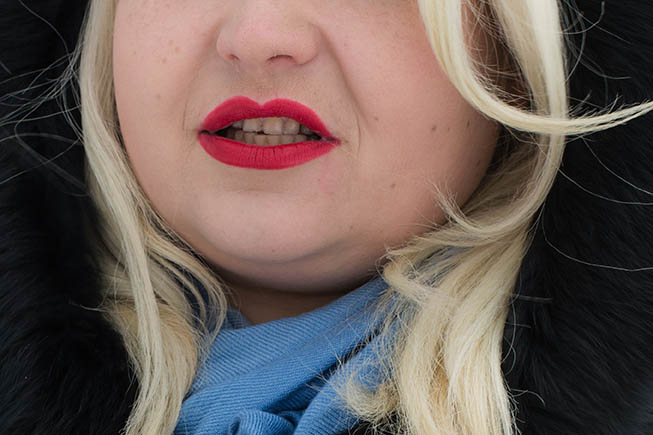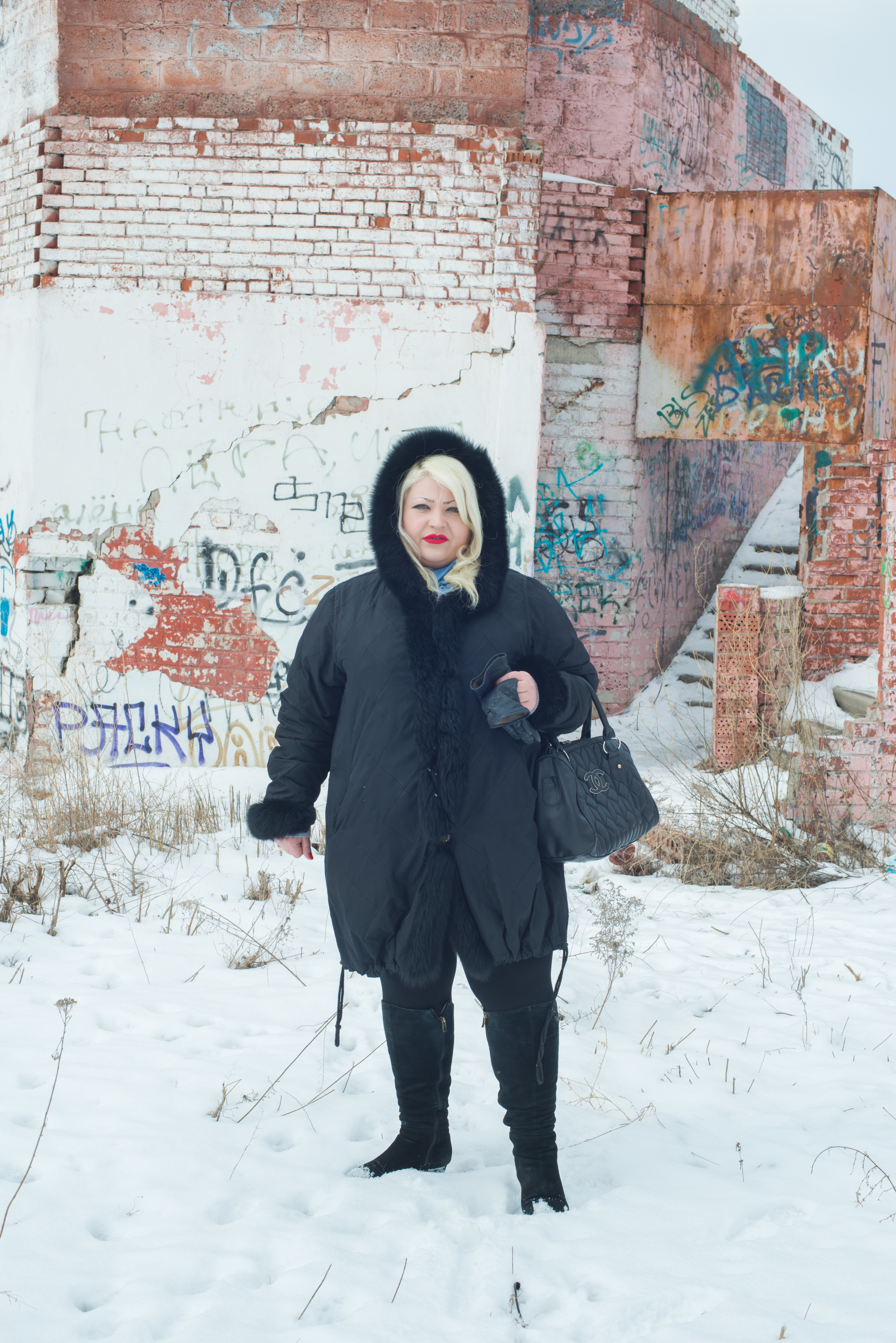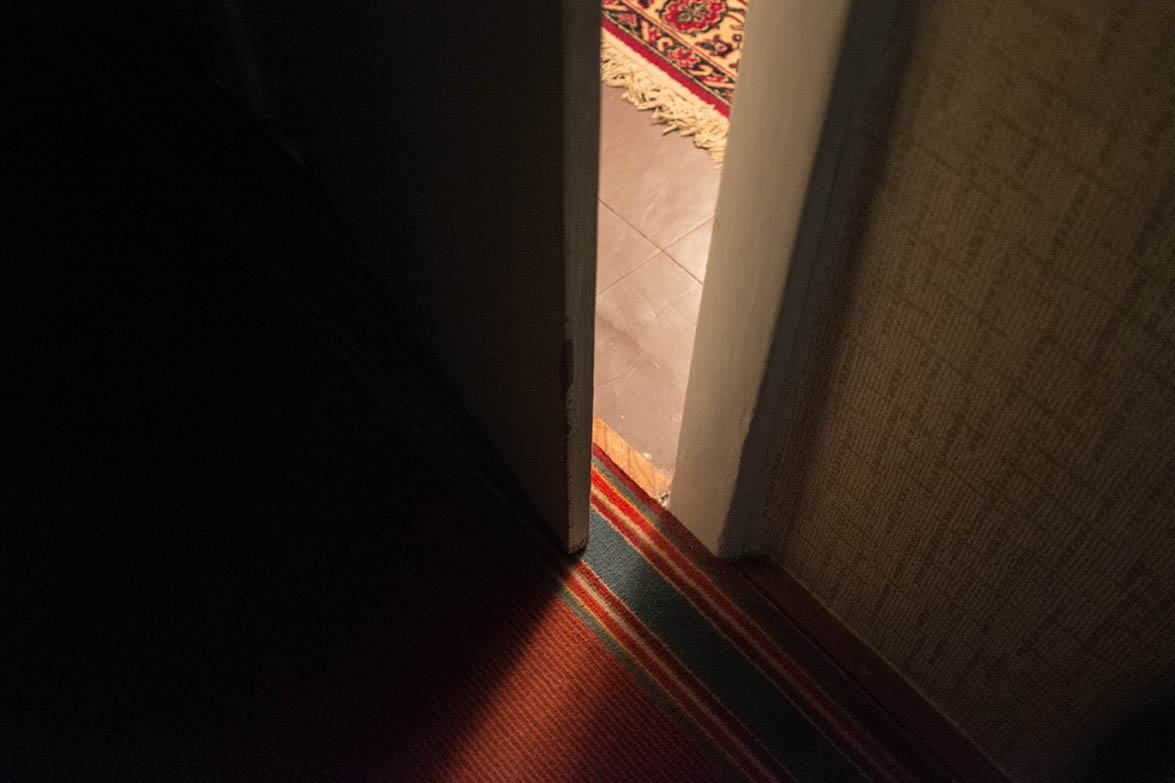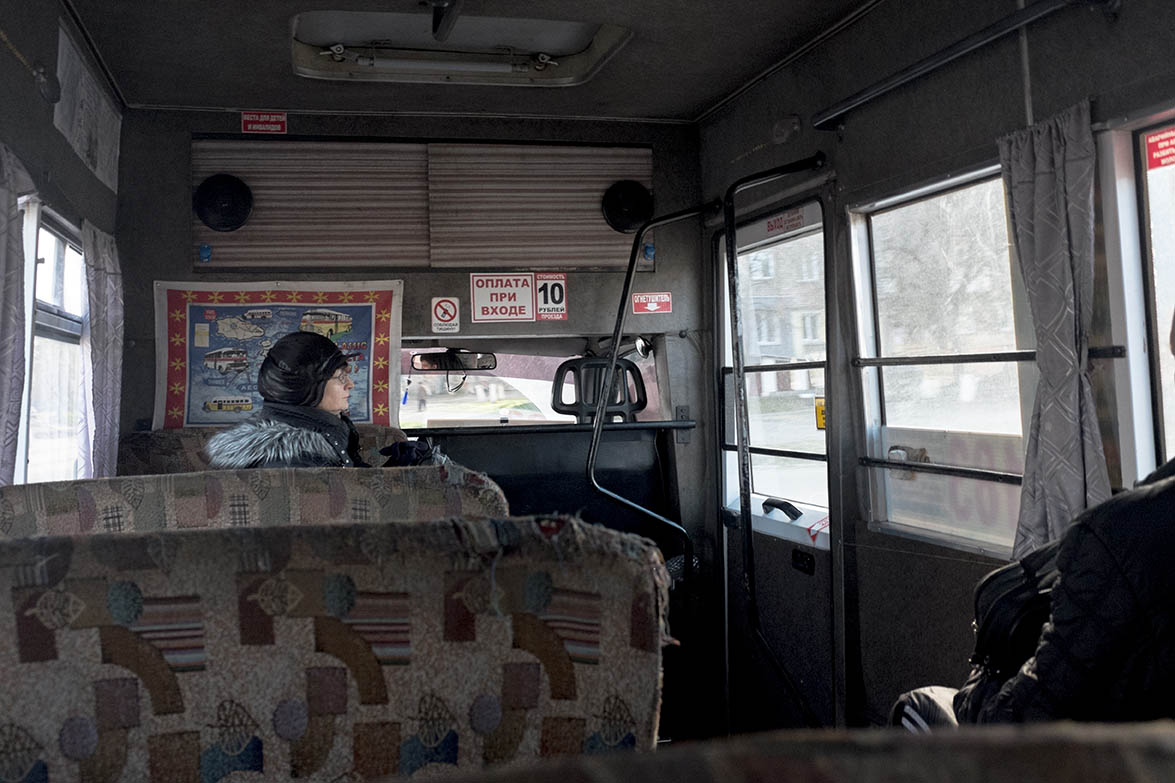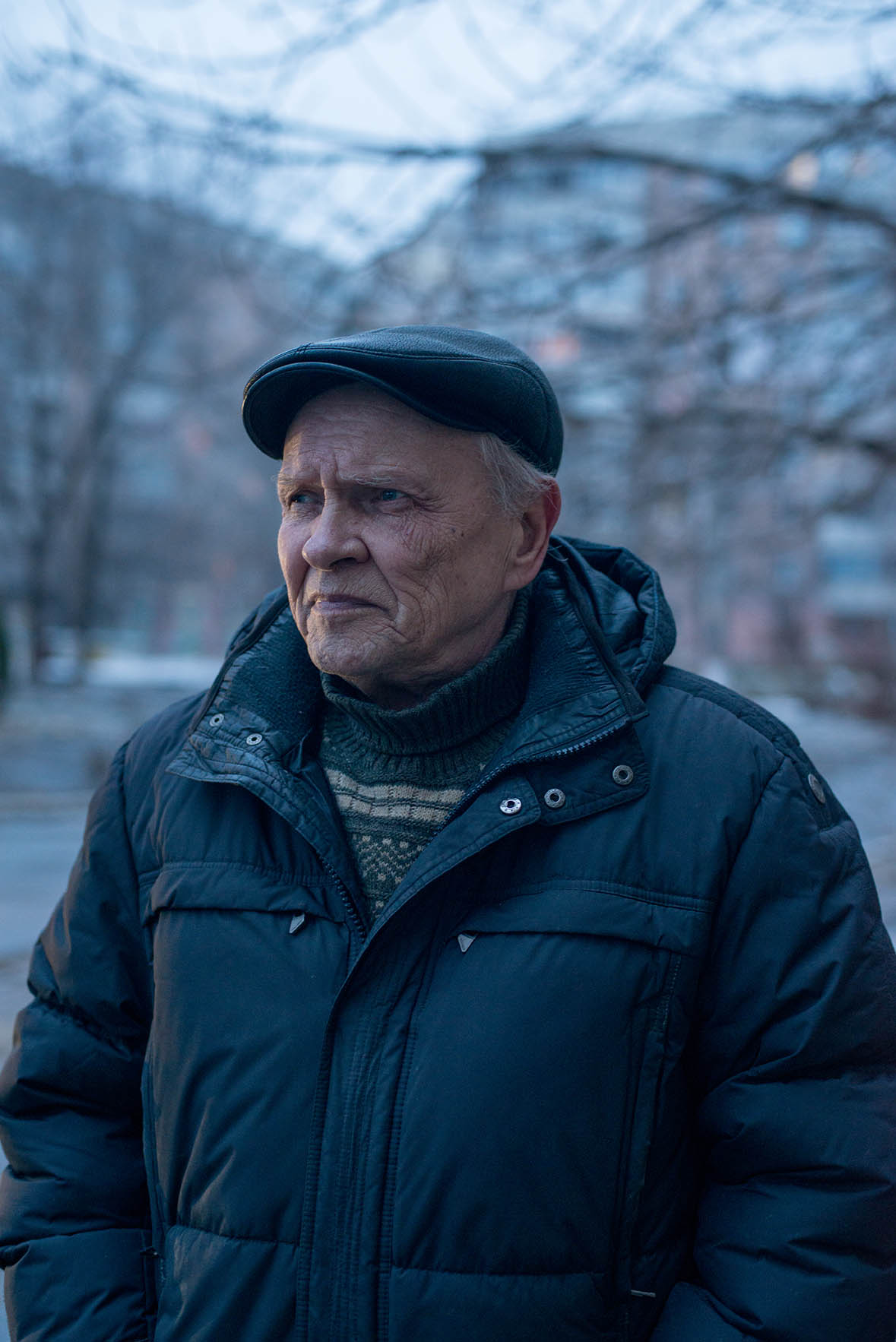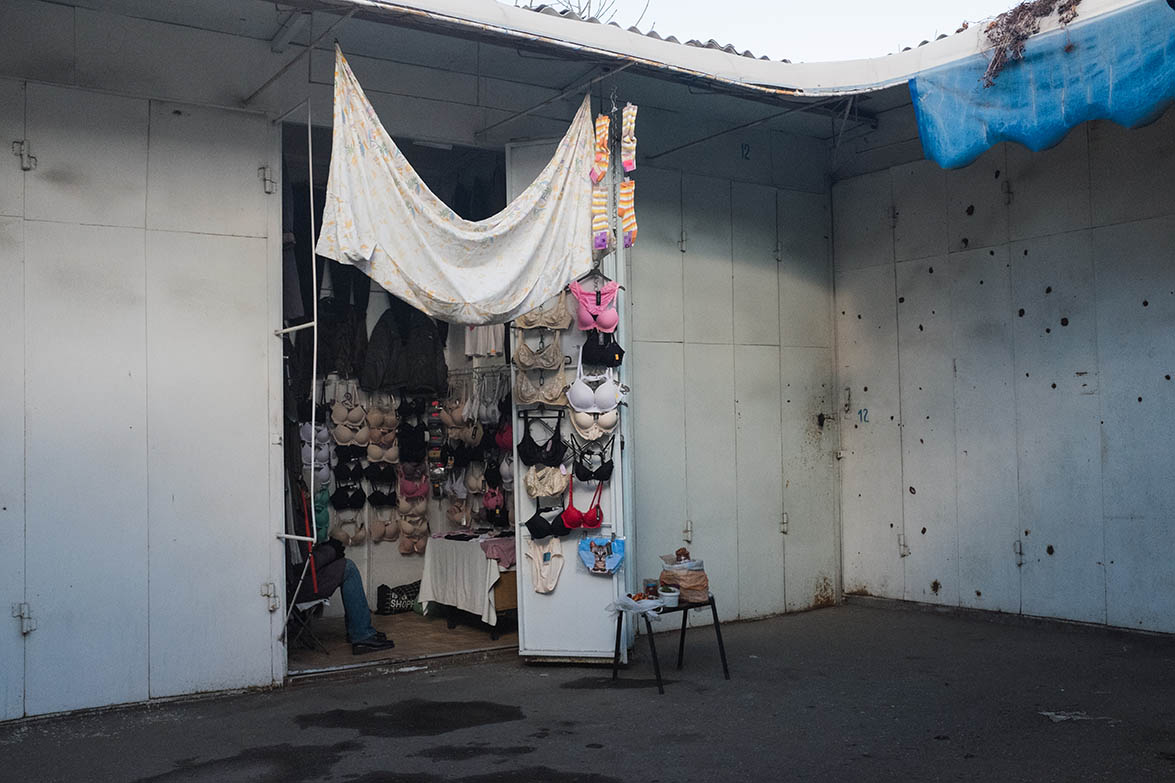My annexed family
Photography
I grew up in a residential area on the outskirts of Lugansk. The border between Russia and Ukraine is only thirty kilometres (19 miles) away from my house. I had never intended to take pictures of Lugansk. For me, photography had been an opportunity to fall into a different — refined and esthetic — world. Before the reflection on the theme of family and social environment had been not inherent in my projects, I had been more interested in researching social gender patterns. In 2014 in the East of Ukraine a military conflict started. Political vicissitudes started to affect my family close, and I had to unwittingly plunge into the story of this conflict. My relationships with my family started to unfold with a new, unknown side, painfully affecting the issues of my self-identification. I found myself in front of a torturous dialogue with the family. A new but firmly established feeling of helplessness contrasted sharply with yesterday's teenage omnipotence and omniscience. The last years of my twenties — the time of parting with youthful illusions — coincided with the salvos of military weapons, which sounded in the ever-present news reports and alarming calls of my relatives. Guy Debord wrote: "Those who are always watching to see what happens next will never act: such must be the spectator's condition". I'm only one out of thousands of spectators. Who manages my life and the life of my family? What is the story in which I become an adult?
Luhansk, 2017






